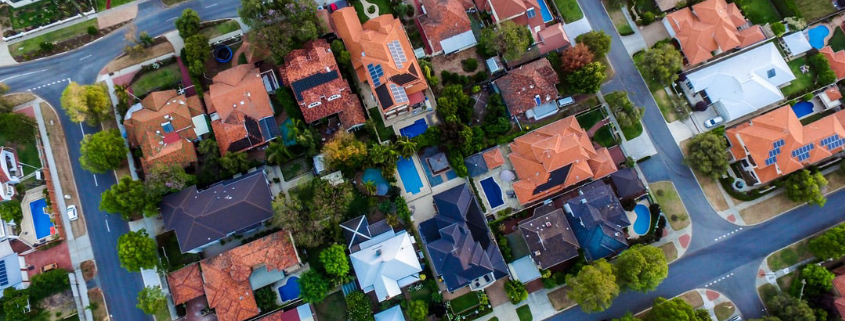The World Health Organization has declared the Coronavirus a pandemic. States of emergency have been declared at the federal, state and many local levels.
Not surprisingly, we are being asked what steps associations can and can’t (and should and shouldn’t) take. All of the association statutes in Florida contain an “emergency powers” provision that gives association boards some extraordinary authorities to respond to “damage caused by an event for which a state of emergency is declared pursuant to s.252.36.”
There is room for debate about how helpful this statute is, because it was intended to address, and was written with language suggesting it only applies to natural disasters resulting in property damage, such as hurricanes. The Florida non-profit corporation statutes also contain emergency power provisions, but their reach is also limited.
Questions being regularly asked by associations include:
- What authority does an association have to cancel, postpone, or reschedule membership and board meetings and can statutory notice provisions be bypassed?
- What authority does an association have to close or restrict access by owners and occupants to amenities or other parts of the community?
- What authority does an association have to restrict or prohibit guests, owner contractors, owner vendors, or other outside persons from coming into the community?
- Can the association ban its own contractors and vendors from coming into the community, or modify their method of delivering goods or services, without violating the contract terms with those contractors and vendors?
Some of these questions are easier to answer than others, and the answer to several questions will depend on how well the governing documents for the community are written. For example, I think there is little question that a board can close access to non-essential recreational facilities (such as a workout room) or cancel social or recreational events.
Things get a bit more complicated when talking about postponing or canceling association meetings, or waiving adherence to statutory or documentary notice requirements, especially if there is a contested election at stake. This is an area where bylaws can and sometimes do provide extra leeway beyond the default provisions of the statutes.
Taking more extreme measures, such as restricting or prohibiting “outsiders” from entering a community, is an area that provides significant opportunity for legal questions and potential disagreements. Here, the provisions of the governing documents will again play a role in considering the range of potential options, for example whether the documents provide the board with rulemaking authority regarding the homes (parcels or units).
Aside from the issue of what associations “can” do, there are also substantial questions as to what they “should” do. There is likely no one-size-fits-all answer. There is no guidance in the statutes or reported case decisions on whether the association has any duties at all in a public health emergency, and arguments can be made on both sides of the case. It is clear that if a party takes on a legal obligation that the law may not have required of them, they become bound to act in a competent manner.
The Centers for Disease Control (CDC) has released a guide for businesses, communities, schools, healthcare facilities, and homes to mitigate transmission of COVID-19. The CDC’s guide which can be found at https://www.cdc.gov/coronavirus/2019-ncov/downloads/community-mitigation-strategy.pdf outlines possible mitigation strategies for communities dealing with transmission.
The Florida Department of Health has set up a 24 hour, 7 days a week call center at 1-866-779-6121 and receives emails at COVID-19@flhealth.gov. Further guidance from the Florida Department of Health regarding the COVID-19 can be found at http://www.floridahealth.gov/diseases-and-conditions/COVID-19/covid19-toolkit.html. Among other resources, there are suggestions for “social distancing,” which includes a recommendation to cancel “large meetings or conferences.”
Originally posted on floridacondohoalawblog.com Written by Joseph Adams of Becker & Poliakoff, P.A.,

